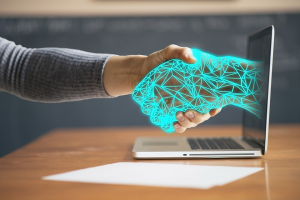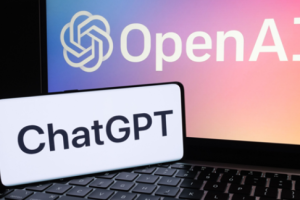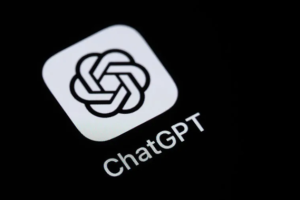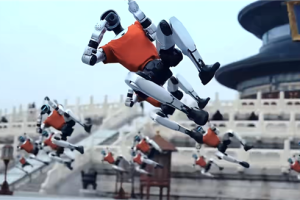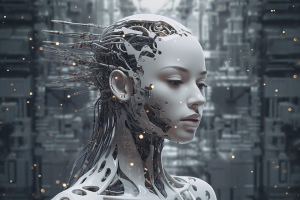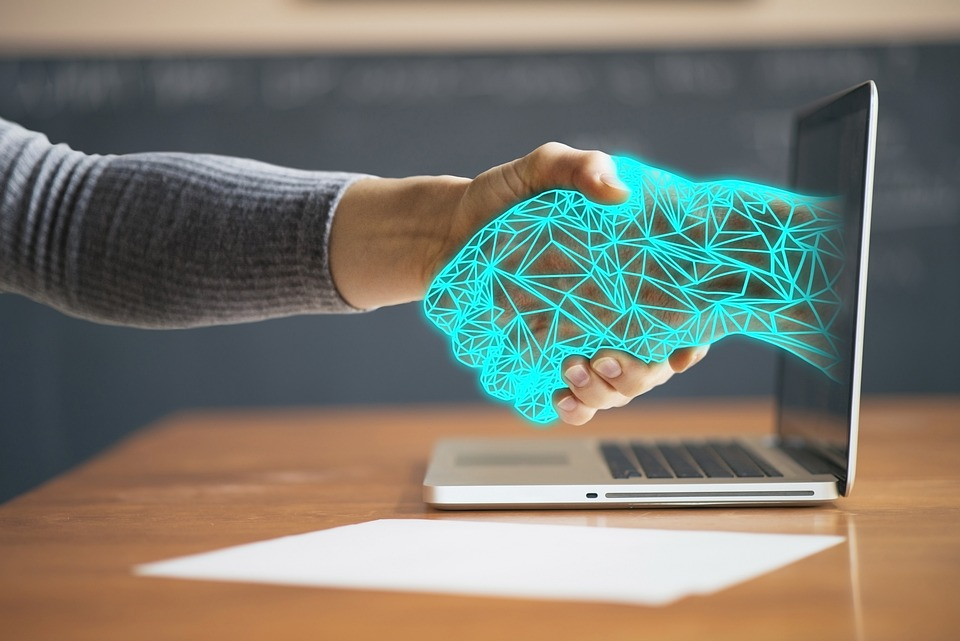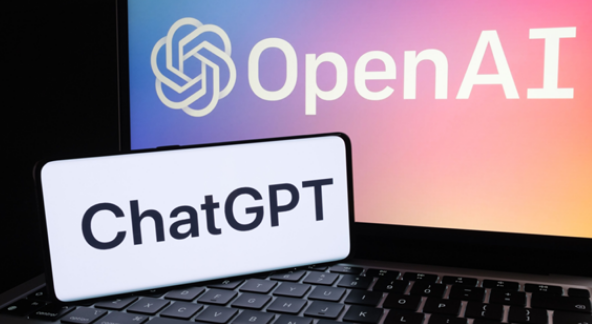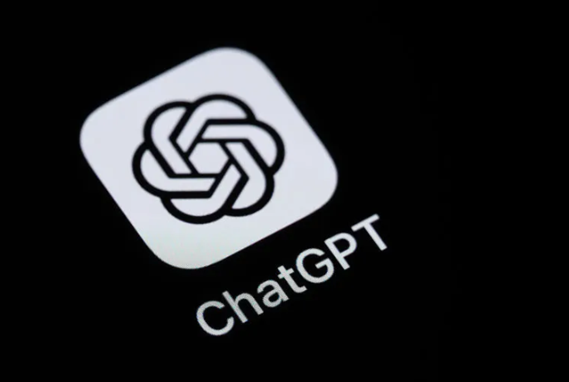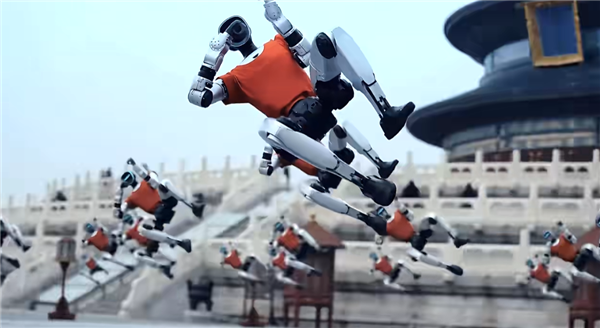October 9, 2025 – On Monday local time, as reported by CNBC in the United States, the Motion Picture Association of America (MPAA) has called on OpenAI to “take immediate and decisive action” regarding its new video – generation model, Sora 2. This demand comes as the model is being exploited to create content that infringes on copyrights.
Since the launch of the Sora application last week, a flood of AI – generated short videos has been uploaded by users. Many of these videos feature characters from well – known film and television programs as well as popular brands.
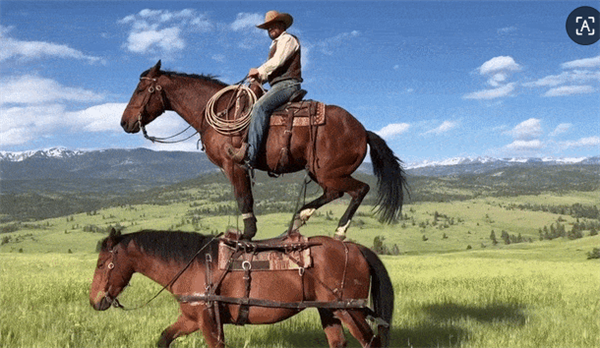
Charles Rivkin, the CEO of the MPAA, stated, “Following the release of Sora 2, there has been a rapid surge in the number of videos on OpenAI’s service and social media platforms that infringe on the movies, shows, and characters of our members.”
In response, Sam Altman, the CEO of OpenAI, explained in a blog post that the company will offer copyright holders “more granular control” over how their characters are used. However, Rivkin emphasized that OpenAI must recognize that it is ultimately its own responsibility to prevent copyright infringement on Sora 2, rather than shifting the burden to copyright owners.
The launch of Sora has attracted significant attention from netizens. A wide variety of images have been generated on the platform, including scenes of James Bond playing cards with Altman and Mario evading police body – cam footage.
Previously, OpenAI employed an “opt – out” system, where film studios had to make requests to prevent their characters from appearing on Sora. In his subsequent blog, Altman announced that the platform would switch to an “opt – in” model. Under this new system, Sora is not allowed to use copyright – protected characters without permission.
Nevertheless, Altman cautioned that the company might not be able to completely stop all misuse of intellectual property. “There could be some generated content that shouldn’t be there. We’ll need multiple iterations to make the system run stably,” he said.
Copyright issues have emerged as a central concern in the ongoing boom of generative AI. In June, Disney and Universal Pictures filed a lawsuit against the AI image – generation platform Midjourney, accusing it of using and distributing AI – generated characters from their movies and ignoring cease – and – desist requests.
In September, Disney also sent a cease – and – desist letter to the AI startup Character.AI, warning it against using copyrighted characters without authorization.


